

Refractive lens exchange (RLE) is a great surgical option for those looking to reduce or eliminate the need for glasses and contact lenses. It replaces the eye’s natural lens with an artificial lens and can treat nearly any refractive condition.
If you’re interested in learning more about refractive lens exchange, or other vision correction options that may help you be free of glasses and contact lenses, schedule a consultation with our refractive specialists. Consultations are available for virtual or in-office appointments.
Each year, approximately 4.5 million eye surgeries are performed in the US using the same process but in the form of cataract surgery due to clouding of the eye’s natural lens. RLE is the elective cosmetic version for people who are forty-five years of age and older to reduce or eliminate prescription eyeglasses, contact lenses, and reading glasses.
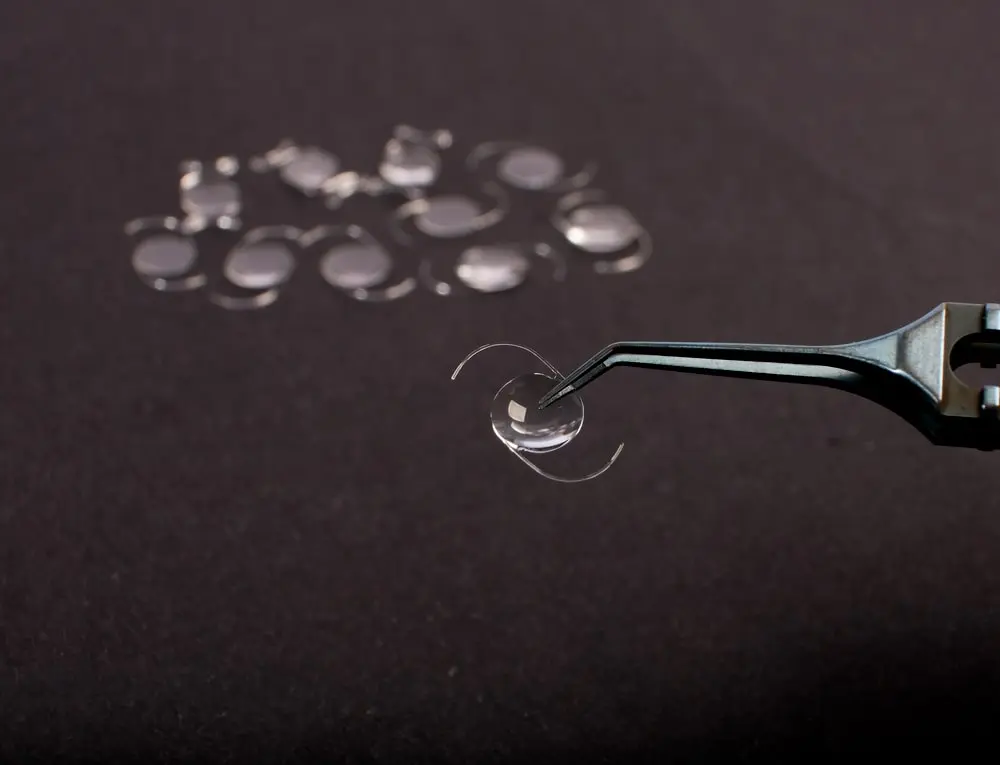
Corneal refractive surgeries such as LASIK and SMILE have proven to be great for millions of people. However, not everyone is a candidate for these procedures because they may be limited in treatment options for higher levels of myopia, hyperopia, and presbyopia. Refractive lens exchange (RLE), also known as clear lens exchange or refractive lensectomy, is a great alternative and may be used to treat nearly any refractive condition.
Benefits of RLE surgery include:
Candidacy for refractive lens exchange (RLE) is wide-ranging.
For those who are 20 to 40 years of age, laser vision procedures, such as LASIK and SMILE, that change the shape of the cornea are generally the preferred procedure. The laser procedure provides the ability to see close up and at a distance. People in this age range are pre-presbyopic, which means that one’s natural lens is still functioning and can provide the necessary focusing ability.
For those who are over the age of 40 and presbyopic, or for those who are not laser vision candidates, a refractive lensectomy may be the best option. Presbyopia is a natural part of the aging process where the lens inside your eye loses its flexibility to see up close. Those who are presbyopic typically need bifocals or reading glasses to see up close. However, many people grow tired of putting on glasses and may want a surgical option to provide longer lasting results.
For those who are over the age of 40 and have had previous LASIK surgery, RLE may also be an option. Although Laser Vision Correction does not prevent presbyopia, it is an excellent option for those who are 20-40 years of age. However, once you reach your mid-to-late-40s, you may start to notice that your near vision is not as crisp as it was after LASIK. For many who have experienced the freedom of being glasses free, reading glasses are cumbersome. To restore focusing ability, RLE may be the best option.
Candidates for RLE may include those in the following categories:

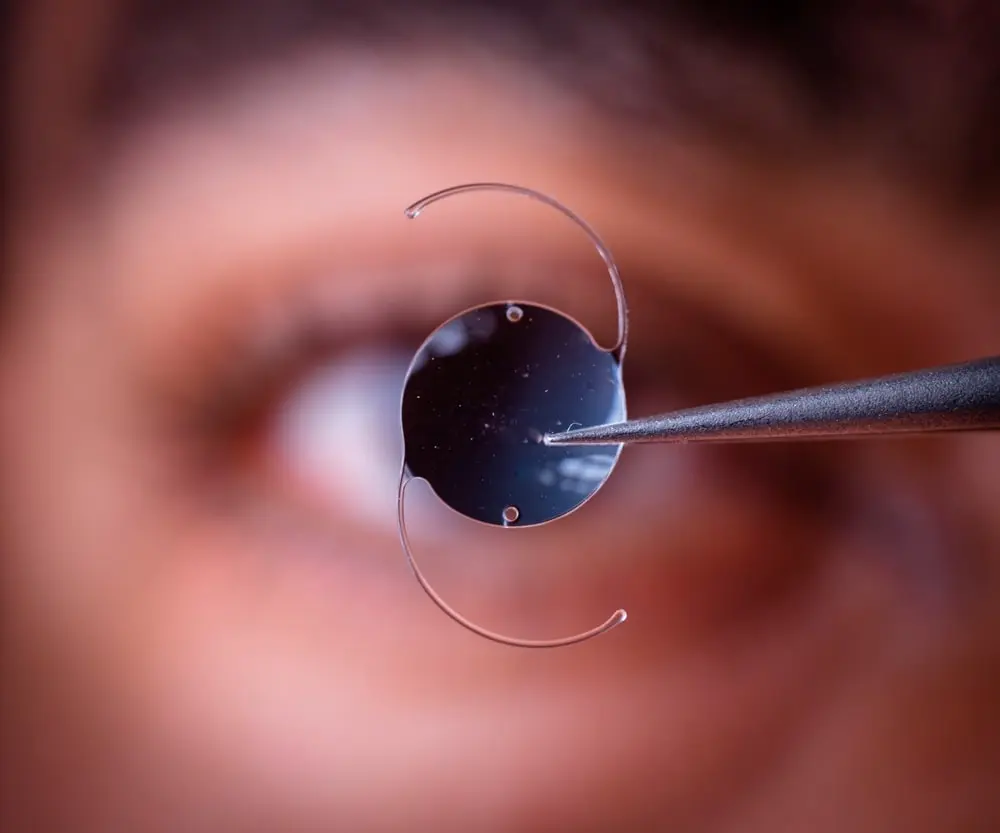
RLE can be performed for nearly any refractive condition, and those that are aged 40 and over may be the best served. By the time we reach this age, presbyopia has set in, which means our natural lens has lost the ability to accomodate or focus. This condition impacts us all in one way or another, whether it is needing a bifocal, reading glasses, monovision in contact lenses or having to take our glasses off to see up close. Replacing our natural lens with an artificial clear lens exchange is addressing this issue at the root problem and can be a permanent fix. These lenses will also address nearsightedness, farsightedness, and astigmatism in addition to presbyopia.
Types of lenses that can be utilized for this procedure are:
The Clear Lens Exchange procedure at Discover Vision Centers in Kansas City is an elective outpatient procedure. The procedure can be done on the same day or separate days for both eyes depending on the patient. On the day of the procedure one can expect to spend approximately 90-120 minutes at the clinic and surgery center. The procedure itself takes about 10 to 15 minutes per eye.
The first step in the process of considering refractive lens exchange involves completing a consultation with the doctor. During this meeting you will have a thorough eye examination to make sure you are a good candidate. The best option for your desired outcome and your expectations will be discussed. When your procedure is scheduled, instructions on preoperative preparation and postoperative recovery expectations will be covered. Eye hygiene before surgery and medicated drops to be applied before surgery will be communicated. You will need a driver to get you home after your surgery since you will receive sedative medication.
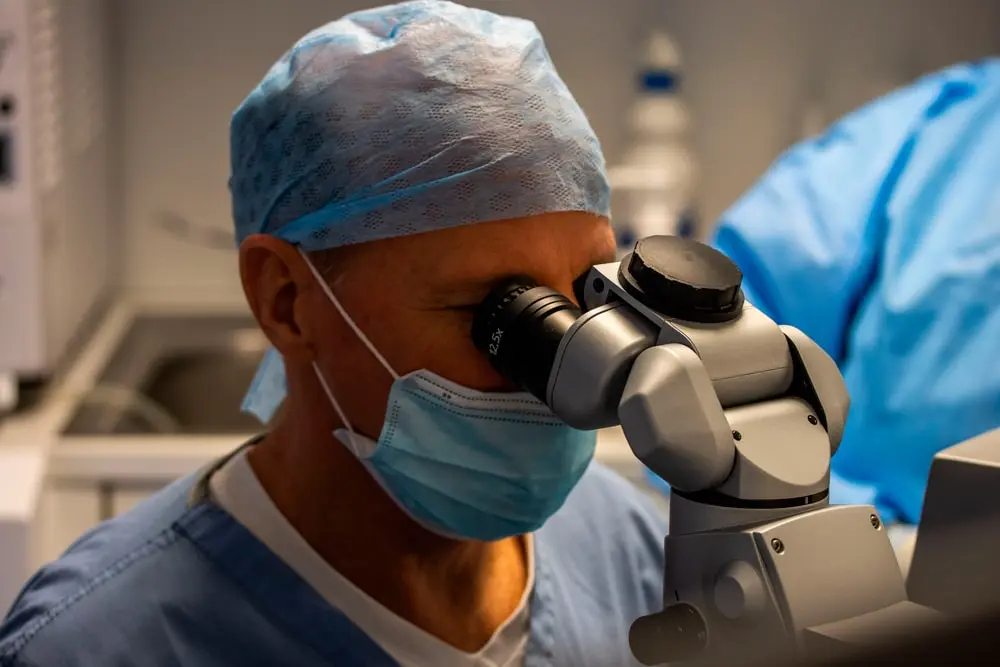
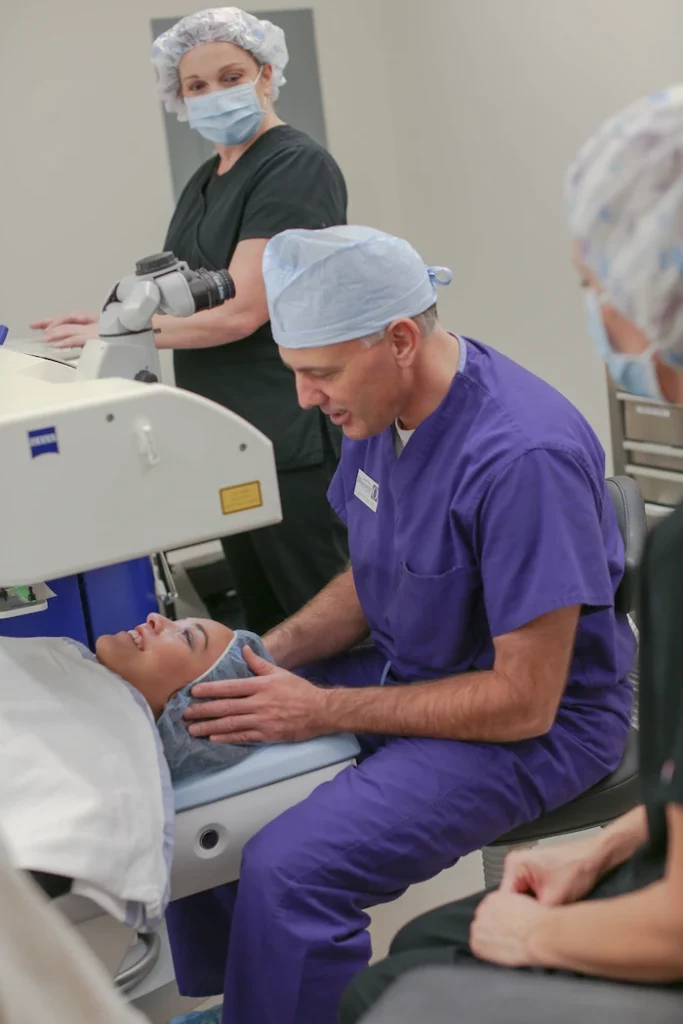
Prior to the RLE procedure, you will receive either an oral or an IV sedative along with a topical anesthetic drop. A lid guard will be used to prevent a full eyelid closure during your procedure. RLE is the same surgical process as cataract surgery, but it is done prior to cataract formation when the lens is still clear. A small, 3 mm incision is made at the edge of the cornea, the clear front surface of the eye. Through a dilated pupil, an opening is made in the capsule that holds the lens. Next, a small probe is inserted in the incision and utilizes ultrasound to break up the lens into small pieces, which can then be gently suctioned out. Through the same small incision, the new artificial lens can be placed into the existing capsule and correctly positioned. This procedure will usually take fifteen minutes or less, and it can be performed with any one of a wide variety of vision-correcting implants.
The day after surgery, you should be able to return to normal function and daily activities. However, the recovery period for RLE surgery typically ranges from a few days to a few weeks, during which vision gradually improves. Patients are advised to follow post-operative instructions for optimal healing.
The vast majority of patients undergoing a refractive lensectomy with the Light Adjustable Lens will be satisfied after a single surgery. Although it is rare, around 1% of patients may require a second surgery to refine any details.

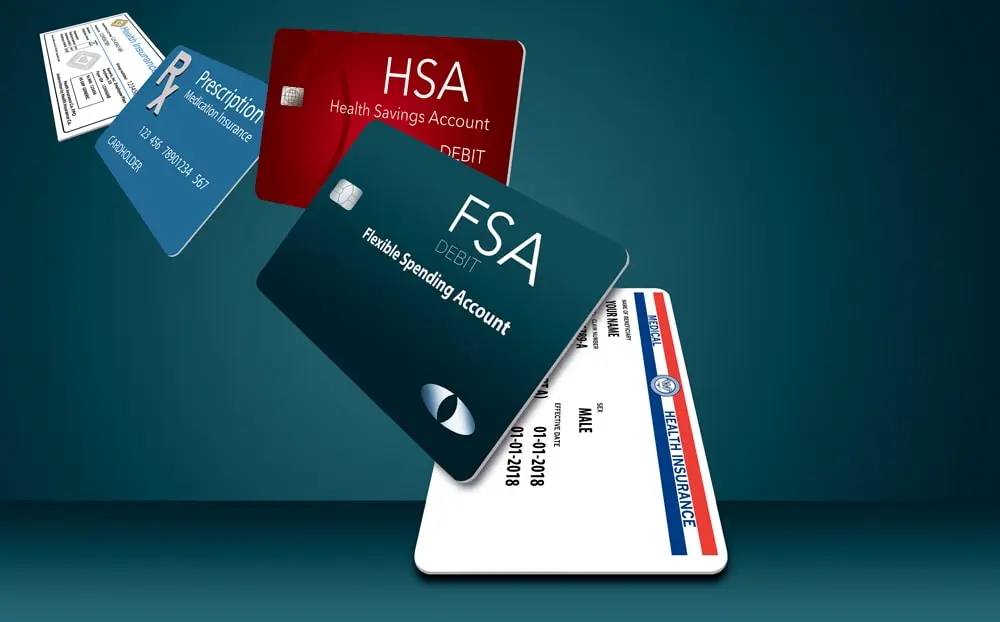
RLE costs more than other laser vision correction procedures, such as LASIK. It is more expensive due to the advanced technology used in the lens implantation procedure. However, we offer 0% interest for 24 months or extended payment plans with interest for up to 60 months (subject to credit approval through CareCredit). We also have other options that could help you pay for eye surgery.
When considering refractive lens exchange (RLE) surgery, choosing the right eye care provider is crucial. Here are three reasons why you may consider Discover Vision doctors for RLE:
1. Expertise and Experience: Discover Vision doctors have a wealth of expertise and experience in performing RLE surgeries. They are skilled ophthalmologists who specialize in various eye conditions and have undergone extensive training in advanced surgical techniques. Their knowledge and experience instill confidence in their ability to provide safe and effective RLE procedures.

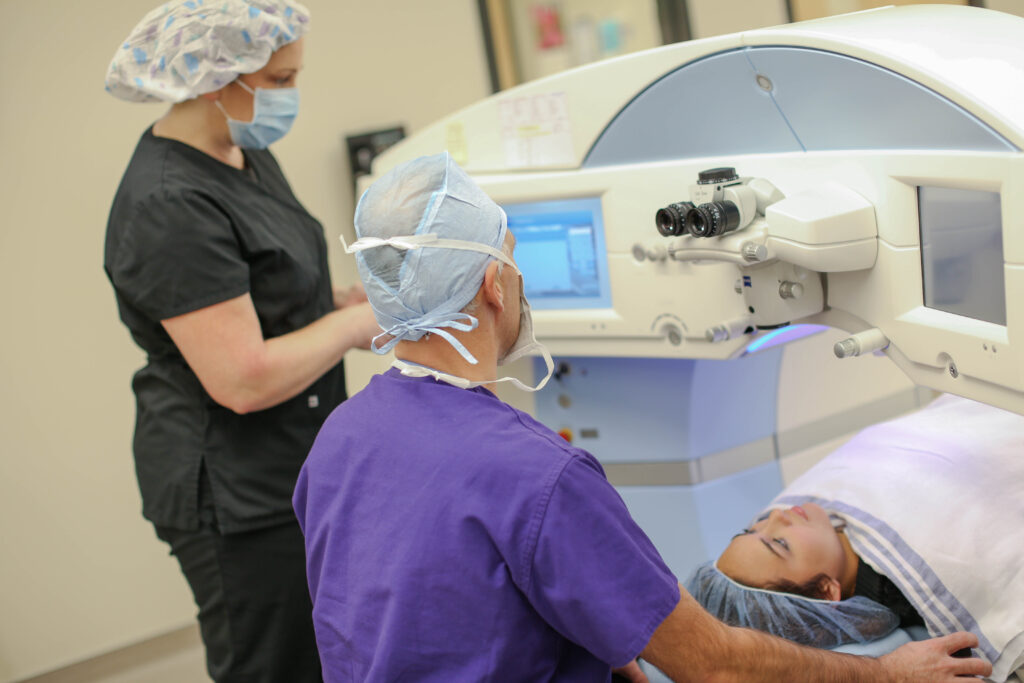
2. Cutting-Edge Technology: Discover Vision is known for utilizing state-of-the-art technology in their surgical procedures. They stay updated with the latest advancements in refractive surgery, ensuring that patients receive the most advanced and precise treatment available. This commitment to using cutting-edge technology enhances the accuracy and outcomes of RLE surgeries.
3. Comprehensive Care: Discover Vision doctors provide comprehensive care throughout the entire RLE process. From the initial consultation to post-operative follow-up, they prioritize patient well-being and satisfaction. They take the time to understand each patient’s unique needs and goals, tailor the treatment accordingly, and provide thorough pre- and post-operative care to ensure optimal results.
Remember to consult with a medical professional to discuss your specific situation and determine the most suitable treatment options for your eyes.
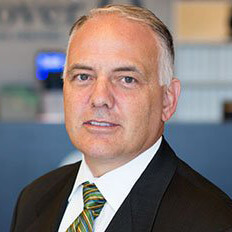
Dr. John Doane has been providing refractive lens exchange surgery for nearly thirty years. He has experience as an FDA investigator, ensuring the most technologically advanced IOL implants. Dr. Doane has been an FDA investigator of the Light Adjustable Lens, and he has ongoing studies that focus on evolving technologies from RxSight, the manufacturer of the Light Adjustable Lens.

No, clear lens exchange is not painful. An oral sedative and topical numbing drops are used to keep you comfortable during surgery. In the hours following, there may be some mild discomfort, such as tearing and burning, which typically resolves by the next morning.
Yes, when performed for cosmetic purposes, both eyes can be treated on the same day. When medical insurance is involved for a procedure such as cataract surgery, only one eye can be treated at a time.
You should have adequate vision to return to normal function the day after surgery. However, you will be limited to light physical activity for the first few days postoperatively.
Refractive lens exchange and cataract surgery are the same surgery; however, cataract surgery indicates that there is a medical necessity to remove the natural lens of the eye due to clouding or opacification. Refractive lens exchange is a cosmetic procedure to implant a new lens for the purpose of reducing or eliminating the need for glasses and contact lenses.